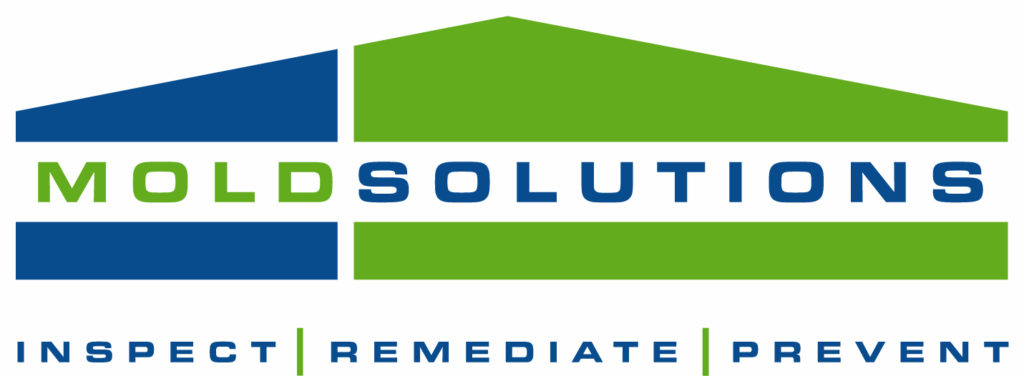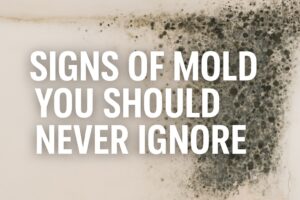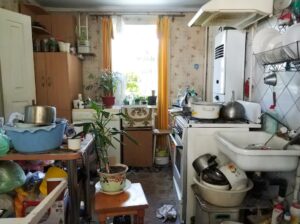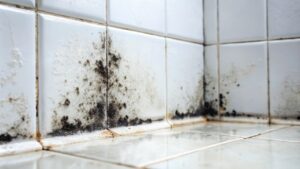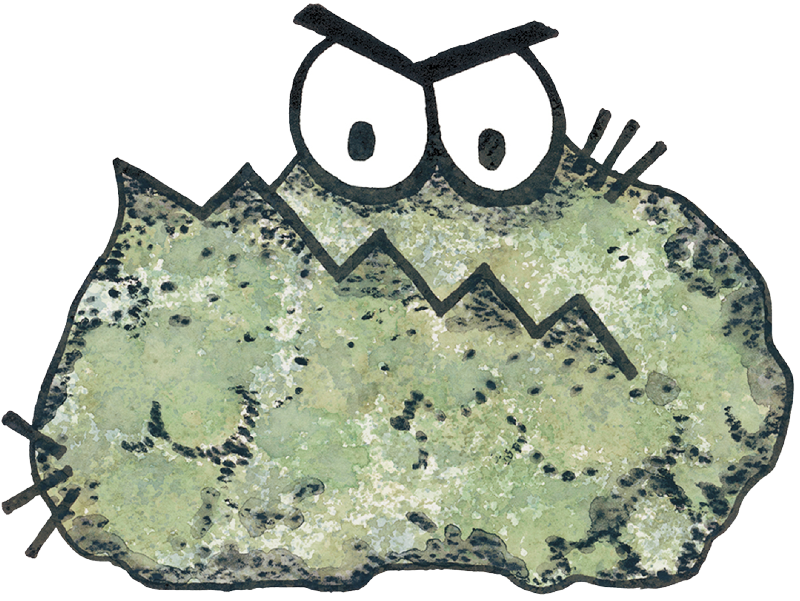 What is your definition of a perfect home? A huge property with a swimming pool in your backyard? A closet that is larger than your first apartment? A chef’s grade dine-in kitchen? Or maybe you’re easier to please and simply want a home that never needs basement mold removal, no matter the backyard, the closet, or the kitchen.
What is your definition of a perfect home? A huge property with a swimming pool in your backyard? A closet that is larger than your first apartment? A chef’s grade dine-in kitchen? Or maybe you’re easier to please and simply want a home that never needs basement mold removal, no matter the backyard, the closet, or the kitchen.
While you might covet the homes of celebrities, it’s not all so great when basement mold is found in the inner corners of your dream home. As the saying goes, “A beautiful face and a great body will never substitute for an ugly attitude and a hateful heart.”
In the case of your dream home, it’s all meaningless if basement mold is found. Not only is it painful to remove, it could cause illness.
Can I Really Get Sick from Household Mold?
Whether it’s the slimy black spots on your shower curtain, the fuzzy white patches on your basement floor, or the slick orange film that forms on your kitchen drain, household mold is more than unsightly. In some cases, mold in your home can make you sick, especially if you have allergies or asthma.
Whether or not you’re allergic, mold can irritate your eyes, skin, nose, throat, and lungs. It’s important to get rid of mold for that reason alone. But it can also cause damage in your home that reduces your property value, creates a gigantic expense, or becomes deadly for anyone in your family with allergies or asthma.
Why the Basement?
Your walls, floors, appliances, carpet, or furniture can all provide the food mold needs to grow. But the thing all molds need first is moisture, so you’re most likely to see mold in damp places such as bathrooms, kitchens, laundry rooms, basements, and crawl spaces.
A basement is a typical place for mold to form, particularly if it is partially or wholly unfinished. Think about the storm drains outside that backup, frozen pipes that burst, or just a dripping sink that’s never been fixed. All of these situations create livable spaces for mold because the ventilation is low and moisture is high.
Humidity and darkness also help basement mold grow and spread, which is vastly tragic if not controlled.
How Do I Know if I Have Basement Mold?
If you’ve ever had a leak in your basement, burst pipes, a sump pump failure, or a flood—or if your basement contains humid air and condensation—it’s a good idea to check for mold.
Even if you don’t immediately see evidence of basement mold, it’s possible it’s still growing in hard-to-see or reach places.
There are a variety of ways to test for mold ranging from professional to do-it-yourself testing. When it comes to deciding whether you want to use a do-it-yourself kit or a professional to test your basement, there are several important factors to take into consideration.
While very affordable, do-it-yourself tests are often less reliable. Most do-it-yourself tests require you to set out a dinner plate from one to four days. The idea is the plate collects mold spores to give you an idea of whether or not your itchy eyes are from basement mold.
The downside is it’s not nearly as accurate as professional testing. Specifically, do-it-yourself tests create a significant number of false-positive results. In contrast, professional testing is far more accurate and does a better job of alerting you when it’s time to get rid of basement mold.
What if I Have Basement Mold?
If you’ve tested for basement mold and do, indeed, have it, first figure out the cause. If it’s a leak, dripping faucets, or a door that won’t shut correctly, get the problem fixed. The last thing you want to have happen is to get the basement mold removed, only to have it return again.
Next, contact your insurance company and ask if basement mold removal is covered by your policy. In some cases, it is and will cover the cost of a professional.
Now it’s time to call a mold remediation professional. We begin our basement mold removal process, getting in and out of there as quickly as possible without disrupting your life. Once the removal is complete, we re-test to be certain the mold is completely gone.
Once we leave, it’s up to you to be proactive about mold prevention.
If we can help with your basement mold prevention, contact us. We’re happy to answer questions, talk through testing, and discuss pricing for removal. After all, we want your dream home to remain so as much as you do.
